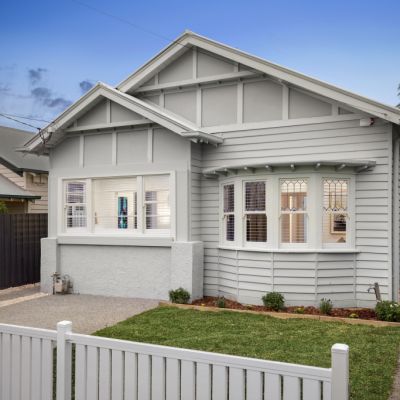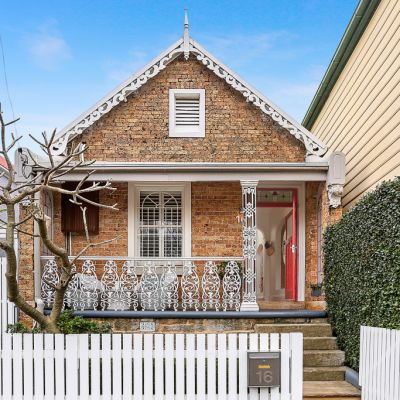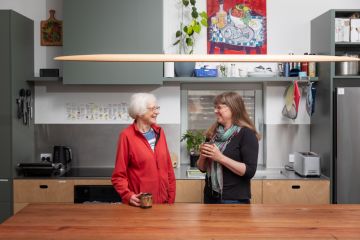'Financial fasting': 7 simple and easy ways to slash spending and speed up saving for a home deposit
If you’re finally ready to settle down and purchase your first home, the challenge of saving for a deposit may be standing in your way.
Saving for a home deposit can be tough, and is usually the biggest hurdle faced by first-home buyers.
The time it takes to save a deposit varies based on the property location and buyers’ financial position, but in Australia’s most expensive cities it can take more than six years for a couple to save enough money to put towards an entry level home.
But don’t be disheartened – there are plenty of ways to save faster to bring buying a home just a little bit closer.
Start tracking spending now
“The first step towards saving is knowing how much you’re spending,” explains Emma Edwards, founder of financial lifestyle blog for women The Broke Generation. “Write down everything you spend for 14 days – it will open your eyes to the number of times you’re making unnecessary purchases.”
After 14 days, rank each purchase out of five according to whether it was really needed or truly made you happy. “If a purchase isn’t either entirely necessary or giving you a lot of joy then you need to cut it out,” said Edwards.
Simple saving strategies
Once you have reviewed your current spending habits, it’s time to cut back. These are some simple ways to free up money that can speed up saving.
1. Share subscriptions
Club together with friends to pay for group Netflix or Spotify subscriptions.
Also consider cycling subscriptions in alternate months so you’re only paying for one at a time.
2. Minimise transport costs
Compare local petrol prices on the Petrol Spy app to make sure you’re not paying too much.
Be smart about using public transport and look out for off-peak deals. For example, in Melbourne you can use the trains for free if you touch off before 7.15am.
3. Split living expenses
Sharehousing isn’t just for penny-pinching uni students, says personal finance expert Noel Whittaker. “Try to find another couple in the same position as you,” he said. “Sharing for a year will help reduce your rent and bills, cutting costs for the whole group.”
4. Financial fasting
Living very frugally for brief periods can give your savings account a boost while helping form healthy financial habits, says Edwards.
“The idea is to spend one week on an extremely tight budget,” she said. “Make bulk meals, skip morning coffees and socialise at home. Then the following two weeks you can live as normal. It will help you to feel less restricted and gain perspective on which purchases are really important.”
5. Debit, not credit
The first rule in effective saving is spending only your own money, says Whittaker.
“Using debit cards will help to get you out of debt,” he said. “Try not to use a credit card at all if you can avoid it.”
6. Skip an upgrade
Unless your phone, laptop, TV or car are broken, don’t get tempted into forking out on the latest upgrade.
Make do with the older model for the time being and put the money into savings instead.
7. The 10 per cent rule
Setting aside a portion of the cost of luxuries can help you save while you spend, and make you reconsider unnecessary purchases.
“When you buy something non-essential, put 10 per cent of the cost into your savings,” Edwards said. “Consider this your savings surcharge.”
How to stick to your savings plan
“Make sure you set yourself a clear savings goal and timeframe,” says Whittaker. “Sit down once a week to review your spending and think of ways to trim it further. Include your partner if you’re saving together.
“Once you’re secure with your plan and your process you’ll be able to save more effectively.”
Don’t worry if you feel overwhelmed, says Edwards. “The best thing you can do is get moving,” she said. “The sooner you start, the easier it is.
“It’s all about finding a balance where savings become part of your lifestyle. In the same way as crash dieting rarely works, cutting out all spending also won’t be effective over the long term. Figure out a sustainable percentage of your income to save and stick to it.”
Find out how to set a home buying budget and get a home loan in Domain’s Ultimate Guide to Buying Your First Home.
We recommend
We thought you might like
States
Capital Cities
Capital Cities - Rentals
Popular Areas
Allhomes
More
- © 2025, CoStar Group Inc.










